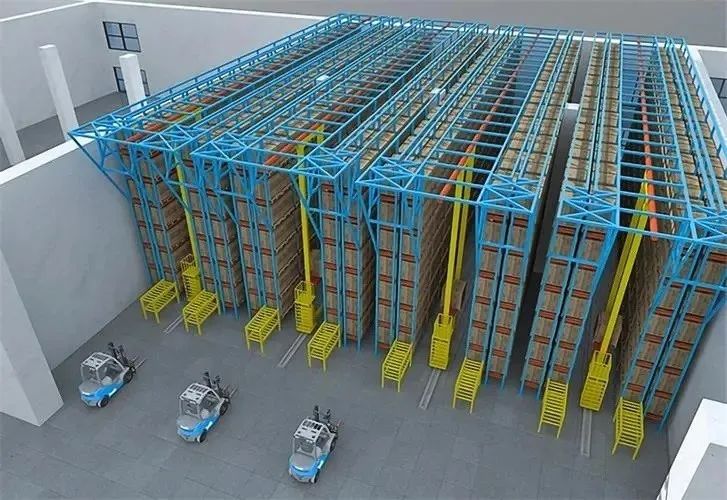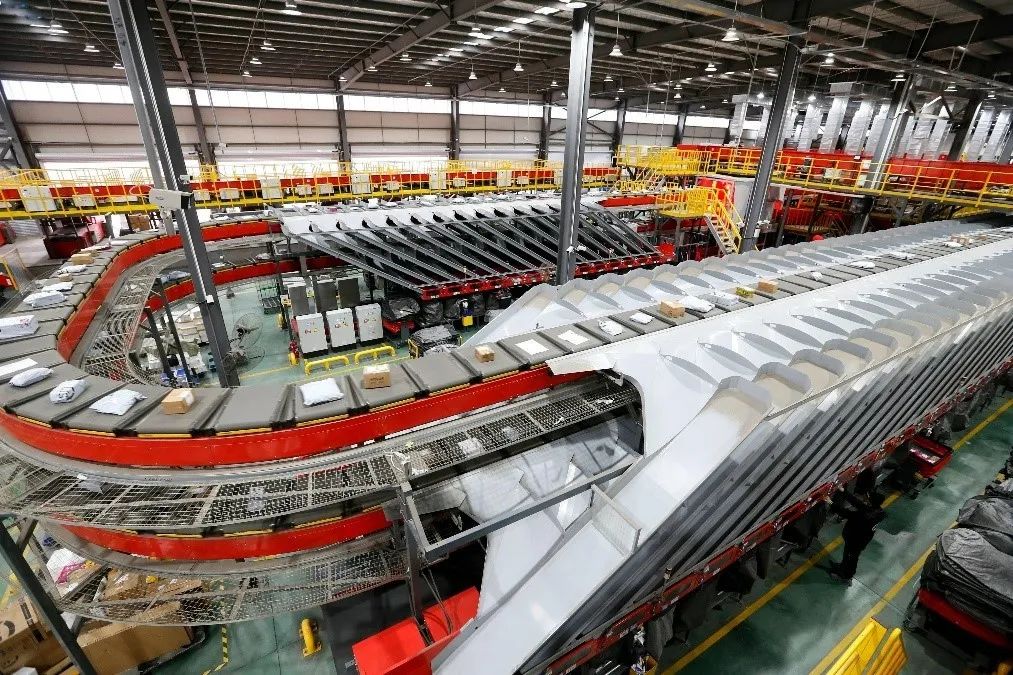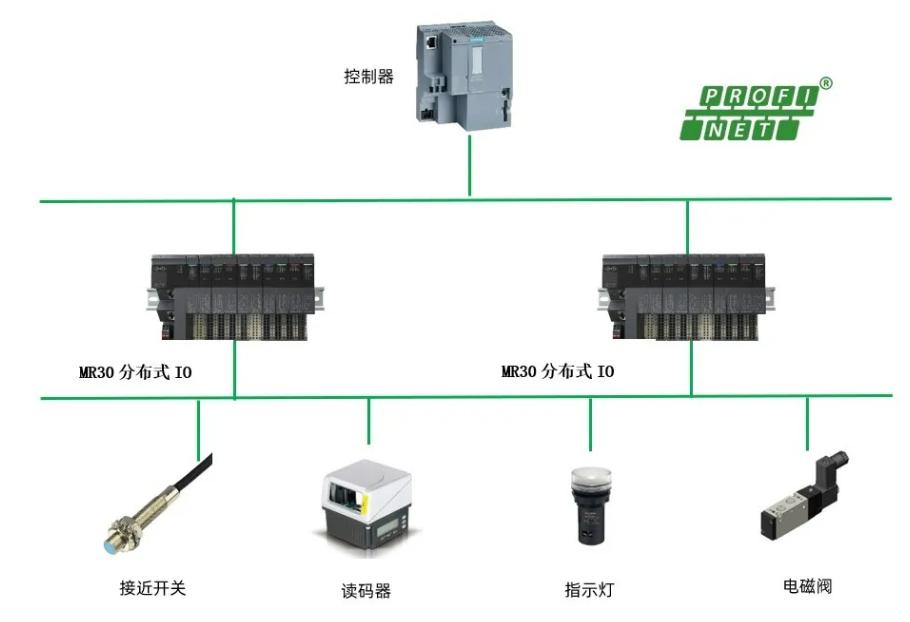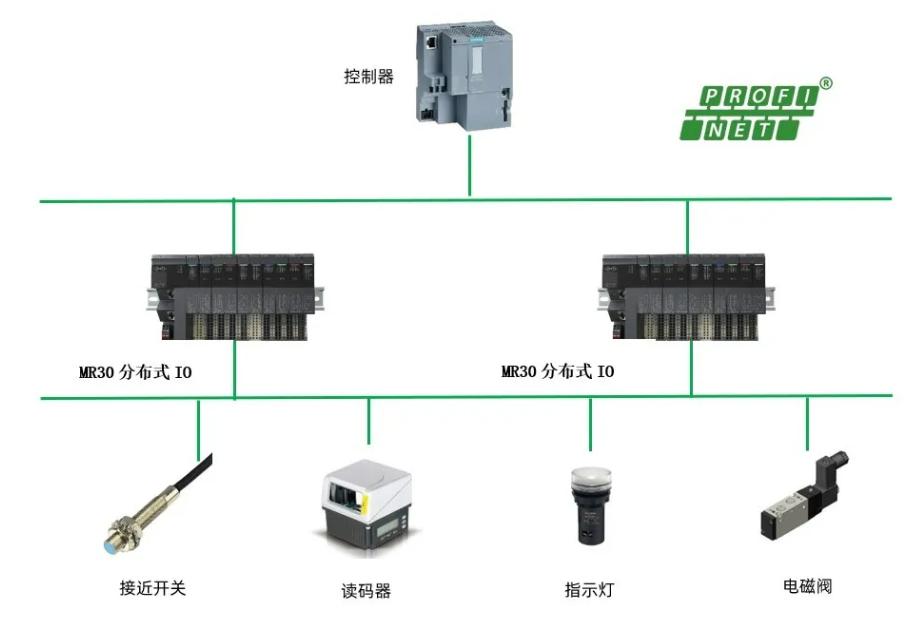
EN Free Trial





Remote I/O Reshaps Warehouse Logistics Automation
The logistics industry is undergoing unprecedented changes, and logistics companies must actively move towards industrial automation and intelligence to improve logistics efficiency, reduce logistics costs, and better meet the needs of customers and the market. Intelligent logistics and warehouse automation have become trends, and when it comes to industrial automation, remote I/O participation is certainly indispensable.

The logistics process includes several dimensions such as receiving, shelving, storage, picking, checking and packaging, sorting and shipping, and reverse logistics. As core subsystems, intelligent warehousing and automatic sorting play an important role.
The intelligent warehousing system includes three-dimensional shelves, AGV carts, conveyors, and aisle stackers, etc; The automatic sorting system includes conveyors, telescopic machines, robotic arms, sorting machines, and sensors.

A third-party logistics center can serve multiple customers simultaneously, but the logistics, labor, and space costs are high, and the inventory turnover rate is low, which affects the speed and accuracy of order fulfillment. In addition, the customer hopes to achieve flexibility in the logistics center, in order to balance the business pressure of peaks and valleys.
Customers have high requirements for the stability and cost-effectiveness of products. Stability is a basic requirement for customers, and cost-effectiveness can significantly reduce construction and maintenance costs.
In the original plan, the customer extensively used Siemens PLC and local IO, but due to Siemens' limited number of IO ports and high expansion costs. Mingda Technology's MR30 distributed IO and MR20 integrated IO have undergone rigorous testing by customers and have been recognized by them. Considering cost-effectiveness, the final solution has been determined to use Siemens CPUs and our IO.

For the collection of a large number of centralized I/O points, MR30 distributed I0 is adopted. The communication between the coupler and PLC is achieved through the Ethernet interface of the fieldbus coupler, and the communication between the fieldbus coupler and the I0 module is carried out through the local bus.
Using distributed remote I/O to replace a large amount of manual sorting reduces human resource investment, greatly improves efficiency, has low cost, good stability, and short delivery cycle.

There are various types of workstation signals in three-dimensional storage, and they are far away from the main cabinet. Therefore, we have chosen MR20 integrated IO to solve the problem of signal dispersion and high cost of using distributed IO due to the small quantity.
The main purpose of using integrated I/O modules is to target single machine equipment or workstations with fewer points. This module integrates two Ethernet interfaces and supports the standard Profinet protocol, enabling quick integration with PLC applications. In addition, cascading through network ports can reduce overall manpower and wiring costs.
The application of remote I/O in logistics warehousing can greatly improve logistics efficiency and accuracy, reduce costs, and enhance the competitiveness and profitability of enterprises. With the development of technology, the application of distributed IO will become more widespread and in-depth.
Related products